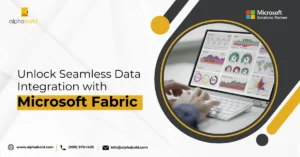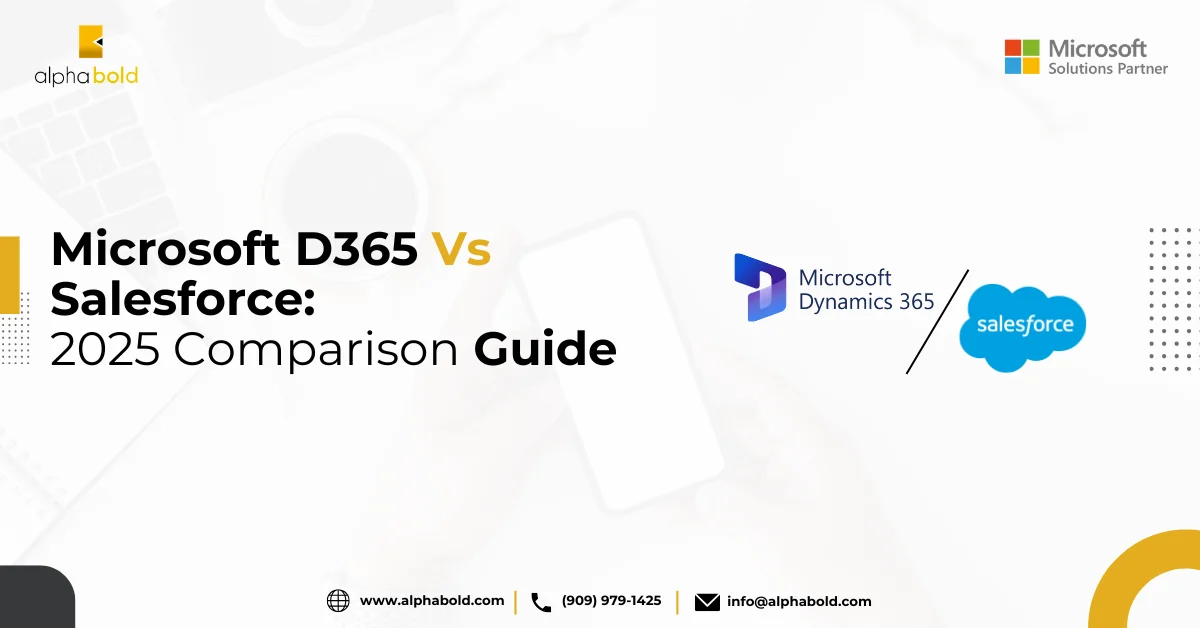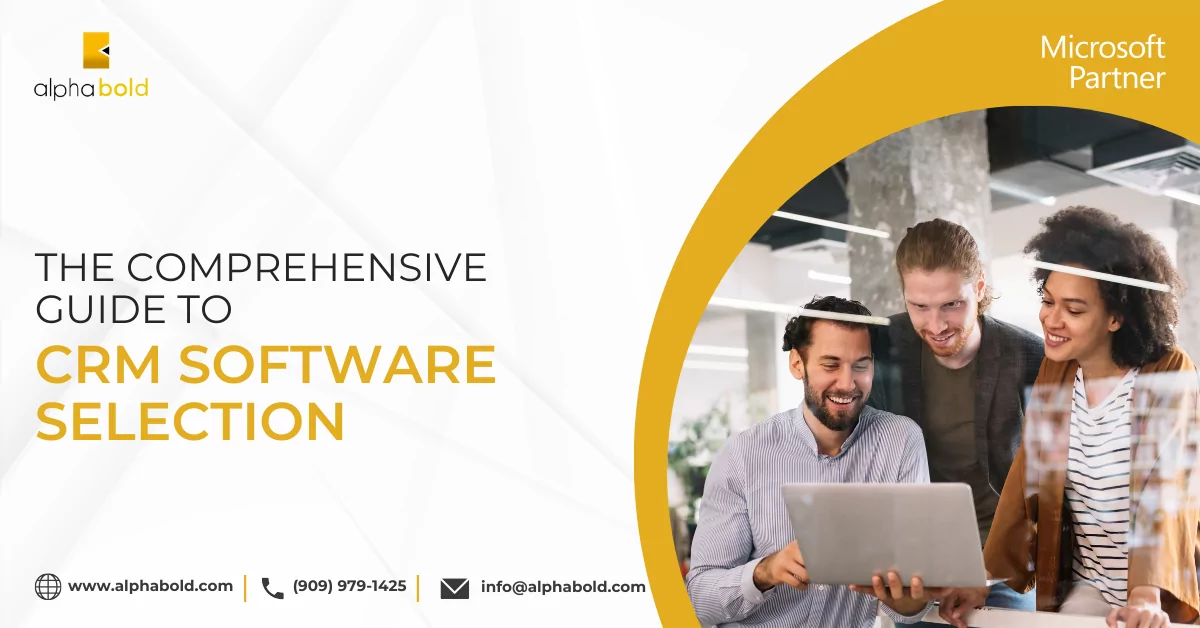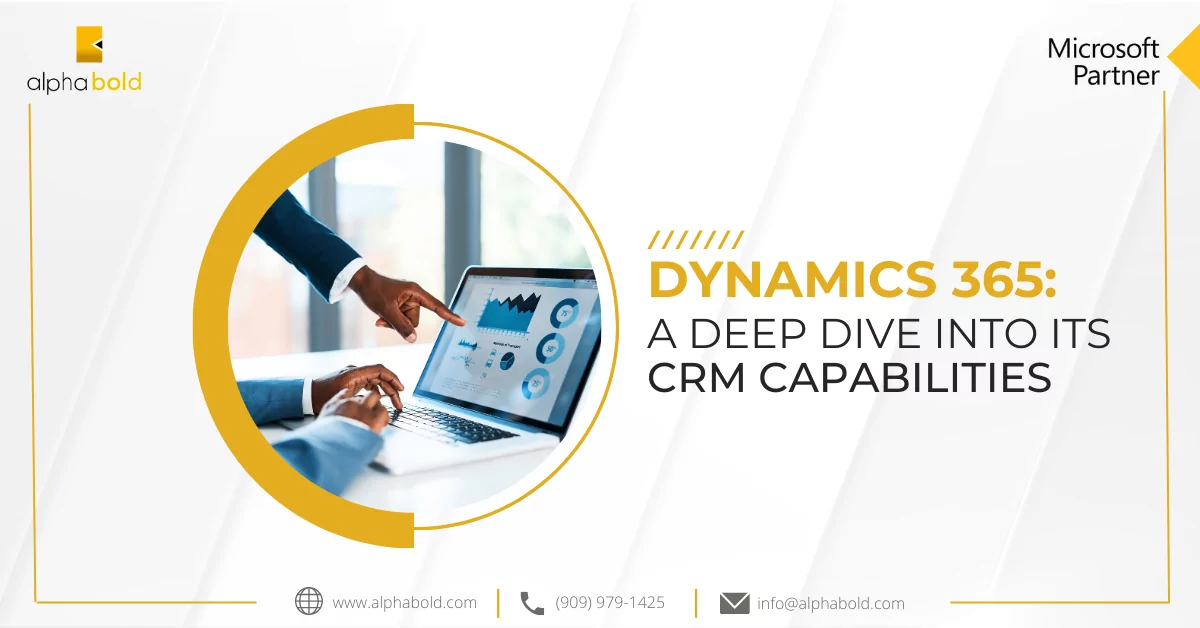Introduction
Companies today are challenged to integrate and manage the complete customer lifecycle—seamlessly and effectively—to win and retain prospective customers. For many companies, the underlying, proven formula for success involves using on-demand CRM across all those critical customer touchpoints. The Customer Relationship Management (CRM) market size is estimated to reach $105.91 billion by 2030, growing at a CAGR of 7.74% from 2023 to 2030. With advancements in AI and machine learning, CRM systems in 2025 offer predictive sales analytics, automated workflows, and conversational AI tools that redefine customer engagement.
While the merits of CRM systems in enhancing customer interactions and streamlining operations are widely acknowledged, the path to attaining a substantial Return on Investment (ROI) hinges intricately upon the challenge of CRM pricing. To select the most suitable CRM solution for your business, a clear comprehension of the CRM pricing model becomes an auxiliary and pivotal aspect of the decision-making process. The cost associated with a CRM system goes beyond mere software costs. It relates to licensing structures, customization charges, integration expenses, and ongoing maintenance fees. Consequently, a well-calibrated understanding of CRM pricing model is the sentinel against unforeseen financial pitfalls.
Therefore, this article gives a clear breakdown of CRM pricing models that will further help you make informed decisions.
Considering a CRM overhaul or new implementation?
Get expert guidance for selecting the best suited CRM pricing model for your business. AlphaBOLD has helped countless businesses like yours crack CRM pricing costs.
Request a DemoBreakdown of CRM Software Pricing Models:
The cost of implementing and maintaining a CRM system can vary significantly based on the pricing model you opt for. To ensure you get the most value from your investment, it’s vital to understand the nuances and benefits of each pricing model.
In this section, we’ll delve into five different CRM pricing models: per-user pricing, flat-fee pricing, tiered pricing, free subscription ‘pricing’ and modular usage pricing. We’ll explore the advantages and potential pitfalls of each, providing you with a comprehensive understanding to inform your decision-making. Whether you’re a small startup, or large enterprise, there’s a pricing model tailored to your needs.
Per-user Pricing:
Per-user pricing is a common model where you pay a set fee for each user who will have access to the CRM system. This model is often scalable, meaning you can add or remove users as your team size changes. It’s a straightforward approach and can be cost-effective for smaller teams but might become expensive as your team grows.
Flat-fee Pricing:
Flat-fee pricing involves paying a fixed amount regardless of the number of users. This can be advantageous if you have a larger team since there’s no direct correlation between cost and the number of users. However, it might not be as cost-effective for smaller teams.
Tiered Pricing:
In the tiered pricing model, CRMs offer different packages or tiers with varying levels of features and functionality. These tiers are often designed to cater to different types of users or businesses – for example, basic, advanced, and enterprise levels. You choose the tier that best suits your needs and pay accordingly. This model allows you to pick the features you require while controlling costs.
Microsoft Dynamics 365 CRM offers tiered pricing, structured in various plans or editions catering to different business needs and sizes. This tiered pricing model of Dynamics 365 CRM allows businesses to select the specific plans that align with their requirements, which can provide several benefits:
- Scalability: Tiered pricing allows businesses to start with a plan that meets their current needs and then easily upgrade to a higher-tier plan as their requirements evolve. This scalability ensures that companies don’t overpay for features they don’t currently need while having the flexibility to access more advanced functionality when necessary.
- Customization: Different tiers often come with specific features and modules tailored to different aspects of business operations. This enables businesses to customize their Dynamics 365 CRM solution based on their industry, size, and specific operational needs. For example, a sales-focused business might benefit from a plan that offers advanced sales automation tools. In contrast, a customer service-focused business might prioritize features related to case management and support.
- Focused functionality: Each tier caters to specific business functions. Businesses can ensure that Dynamics 365 CRM aligns closely with their primary operational needs by choosing the appropriate tier. This prevents feature overload and streamlines workflows by providing the tools necessary for specific departments or roles.
- Flexibility in features: Businesses can choose plans that offer the features they need most without investing in a full suite of functionalities. This flexibility benefits organizations that want to enhance specific aspects of their operations without unnecessary complexity.
Free Subscription Pricing:
Some CRM providers offer a free basic software version. This can be a good option for small businesses or individuals starting with CRM. However, free versions often have limited features and capabilities. The provider might also offer premium features at an additional cost.
Modular Usage Pricing:
With modular pricing, the CRM system is broken down into different modules or components, each serving a specific purpose (e.g., sales, marketing, customer support). You pay for the specific modules you need, allowing for a more customized and cost-effective solution. This model is beneficial for businesses with specific needs in different areas.
Further read “Hidden Costs In CRM: Navigating Dynamics 365“
CRM Pricing Models: A Detailed Comparison
Microsoft Dynamics 365:
Pricing Model: Subscription-Based
Use Case: Businesses of all sizes
Features:
- Comprehensive CRM and ERP integration
- Integration with other MSFT products
- AI-driven insights and analytics
Microsoft Dynamics 365 Modules Pricing:
- Dynamics 365 Sales Professional $65.00 user/month
- Dynamics 365 Sales Enterprise Edition $105.00 user/month
- Dynamics 365 Sales Premium $150.00 user/month
- Dynamics 365 Customer Insights $1,700.00 tenant/month
- Dynamics 365 Customer Insights Attach $1,000.00 tenant/month
- Dynamics 365 Customer Service Professional $50.00 user/month
- Dynamics 365 Customer Service Enterprise $105.00 user/month
- Dynamics 365 Customer Service Premium $195.00 user/month
HubSpot:
Pricing Model: Tiered pricing
Use Case: SMBs | sales and marketing teams
Features:
- Inbound marketing tools
- Email marketing automation
- Lead management and scoring
HubSpot Pricing Breakdown:
- Starter Customer Platform $20 user/month
- Marketing Hub Professional $800 user/month
- Marketing Hub Enterprise $3600 user/month
- Sales Hub Professional $90 user/month
- Sales Hub Enterprise $150 user/month
- Service Hub Professional $100 user/month
- Service Hub Enterprise $150 user/month
- Content Hub Professional $500 user/month
- Content Hub Enterprise $1500 user/month
- Operations Hub Professional $800 user/month
- Operations Hub Enterprise $2000 user/month
Salesforce:
Pricing Model: User-based and modular usage
Use Case: Businesses of all sizes, and enterprises
Features:
- Extensive customization options
- Sales and lead management
- AppExchange marketplace
Salesforce Pricing Breakdown:
- Salesforce Stater Suite $25 user/month
- Salesforce Professional $80 user/month
- Salesforce Enterprise $165 user/month
- Salesforce Unlimited $330 user/month
Zoho CRM:
Pricing Model: User-based
Use Case: SMBs
Features:
- Sales automation and workflow automation
- AI-driven sales forecast
- Multichannel communication
Zoho CRM Pricing Breakdown:
- Standard $20 user/month
- Professional $35 user/month
- Enterprise $50 user/month
- Ultimate $65 user/month
Which CRM Pricing Model Best Fits Your Business?
Business size: Assessing your business’s size is paramount when selecting a CRM solution, as it directly impacts your budget allocation. Small and midsize enterprises often contend with budget constraints, making it prudent to consider free or basic CRM versions that provide essential features. Conversely, large enterprises with ample financial resources can opt for premium CRM software, affording them access to various advanced functionalities. Consequently, your choice of CRM pricing plan should align with your business size and financial capacity.
CRM features required: Various pricing tiers offer distinct features, with higher-priced plans boasting advanced capabilities such as marketing analytics, unlimited contacts, and phone support. Nevertheless, it’s essential to discern your specific requirements. Small businesses, for instance, may find that a basic plan suffices, encompassing fundamental features like email marketing, lead management, and a help desk. Scrutinizing these essential features empowers you to make an informed decision, selecting the CRM pricing model best suited to your business’s needs.
Number of users: The number of users a CRM platform accommodates significantly influences its pricing structure. Like feature sets, higher-priced models tend to support a larger user base. Consequently, a basic plan may suffice if your business comprises 100 to 250 users. However, should your organization exceed 250 users, opting for a premium or advanced pricing plan becomes imperative. This ensures that your CRM system can efficiently scale with the demands of your larger user ecosystem.
CRM Pricing Models According to Your Business Vertical
When selecting a CRM pricing model, it’s essential to consider your industry-specific needs. Different verticals require tailored functionalities, and the right pricing model ensures that businesses only pay for what they need while aligning with their operational goals. Below, we’ll explore CRM pricing models suited for three industries: Retail, Professional Services, and Manufacturing.
1. Recommended Pricing Models for Retail:
Tiered Pricing:
Retailers can start with basic plans to manage customer databases and gradually upgrade to advanced tiers for features like AI-driven personalization, sales forecasting, and inventory management.
Example: HubSpot’s Marketing Hub tiers or Salesforce Commerce Cloud cater to different retail scales, starting at $25/user/month for basic features and scaling to $300+ for advanced omnichannel functionality.
Modular Usage Pricing:
Retailers often prefer modular pricing, in which they pay only for the tools they use, such as marketing automation, sales, or customer service.
Benefits:
- Advanced customer segmentation for personalized offers.
- Seamless integration with Point-of-Sale (POS) systems.
- Scalable options for peak sales seasons.
Why It Works for Retail:
Retailers benefit from the flexibility to add or remove features based on customer demand or seasonal trends, reducing unnecessary costs.
2. CRM Pricing for Professional Services (Consulting, Agencies, Legal Firms):
Recommended Pricing Models for Professional Services:
Per-User Pricing:
This model is ideal for professional services firms with smaller teams but high-touch client relationships. Paying a fixed cost per user (e.g., $50/user/month) ensures that each team member can access relevant data and tools without overpaying.
Example: Zoho CRM offers plans starting at $14/user/month, with professional versions costing $23-$50/user/month, which suits lean consulting teams.
Flat-Fee Pricing:
For mid-sized agencies or law firms with larger teams, flat-fee pricing offers predictable costs regardless of the number of users. This can simplify budgeting and reduce per-user costs.
Example: Pipedrive offers flat-fee pricing for CRM systems starting at $15/month for unlimited users in some plans.
Why It Works for Professional Services:
Professional services firms typically benefit from platforms with collaboration tools, document management, and customer communication tracking—features included in these pricing models.
CRM Pricing for Manufacturing:
The manufacturing industry focuses on supply chain management, vendor coordination, and after-sales support. CRM systems in this space often integrate with ERP systems and require robust customization capabilities.
Modular Usage Pricing:
Manufacturers can invest in specific modules like sales management, vendor collaboration, or customer support, avoiding costs for features they don’t need.
Benefits:
- Pay only for key functions such as inventory tracking, order management, or sales.
- Customizable workflows for B2B and B2C customers.
Tiered Pricing:
Starting with a basic package for lead and order management, manufacturers can upgrade to enterprise-level tiers for features like predictive maintenance and advanced analytics.
Example: Microsoft Dynamics 365 offers modular and tiered pricing, starting at $95/user/month, with enterprise modules available for advanced users.
Why It Works for Manufacturing:
These models allow manufacturers to scale CRM functionality as production expands or client demands evolve, providing cost control and efficiency.
How Does Microsoft Dynamics 365 CRM Standout?
AlphaBOLD is your Dynamics 365 pricing, subscription, implementation, and customization expert. Here’s why we should guide your CRM journey:
- Expertise: We have in-depth knowledge of Dynamics 365 pricing and subscriptions, simplifying your complexities.
- Personalized Solutions: We tailor our guidance to your organization’s unique needs, ensuring you make informed decisions.
- Comprehensive Support: We cover everything, from licensing options to customization implications.
For more information read “Dynamics 365 Implementation Cost”
Ready to Invest in Microsoft Dynamics 365?
Partner with AlphaBOLD and experience the D365 difference firsthand!
Request a DemoBottom Line:
Choosing the right CRM pricing model depends on your business’s size, needs, and budget. When evaluating CRM software, consider the initial cost, long-term scalability, and the system’s value to your organization. Always ensure the chosen CRM software aligns with your business goals and strategy. Remember that the CRM landscape evolves gradually, so it’s a good idea to research relevant CRM software’s latest offerings and pricing before deciding.
Explore Recent Blog Posts








